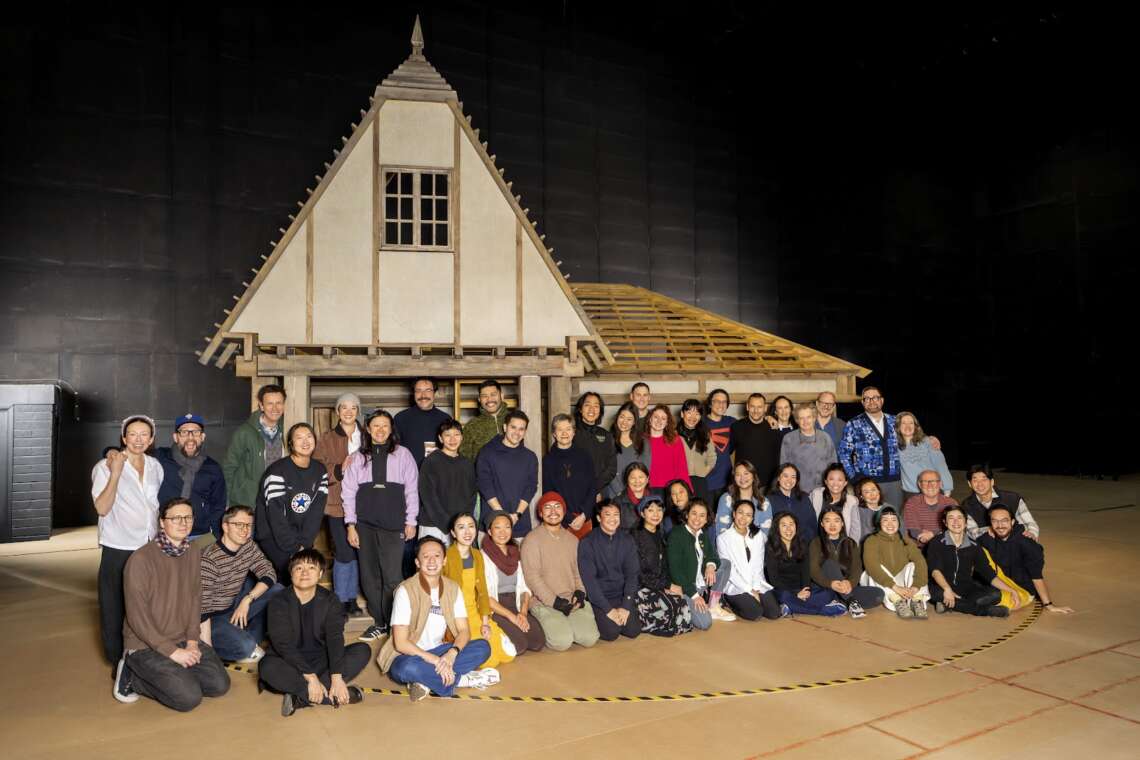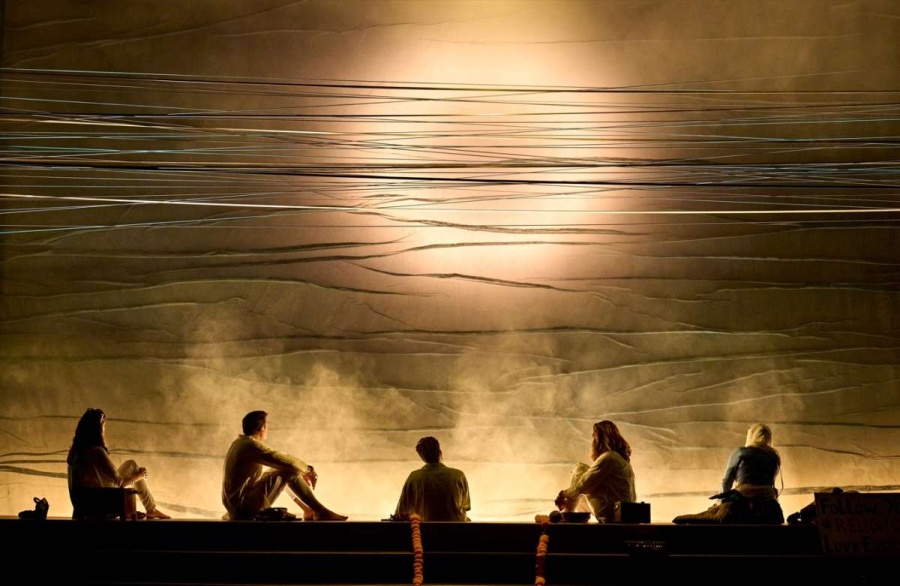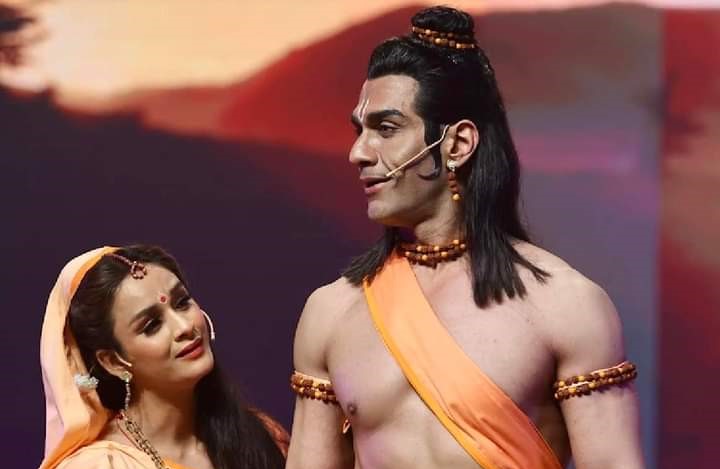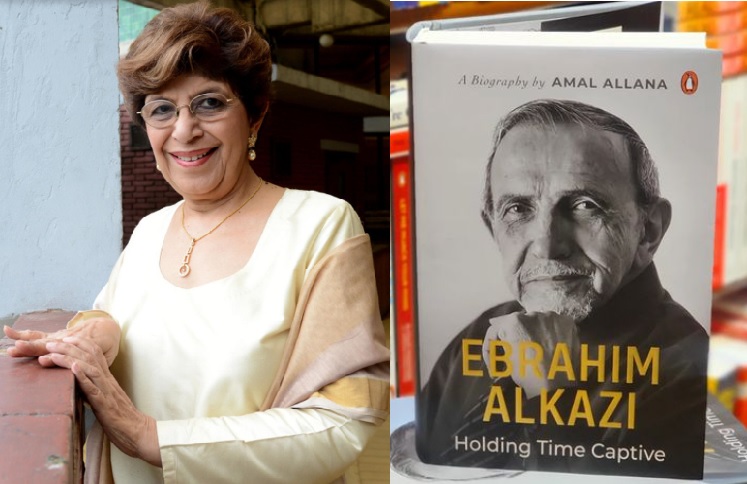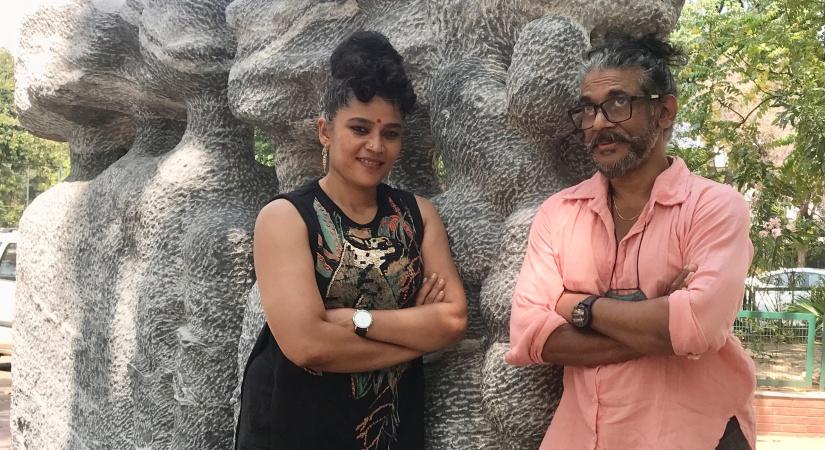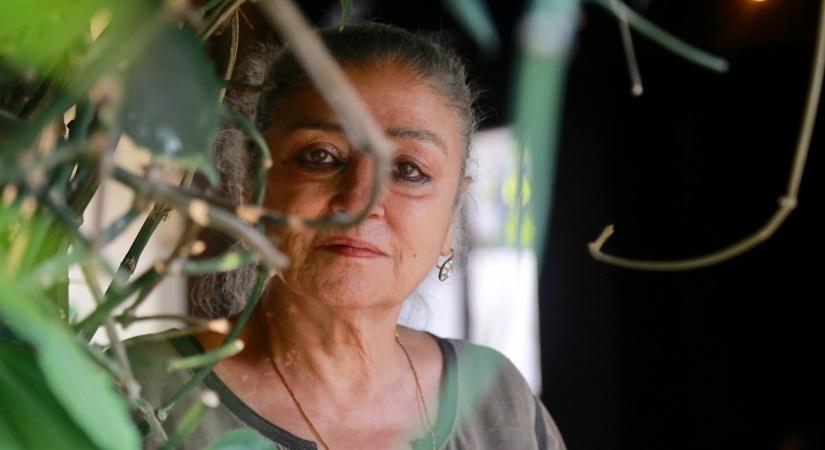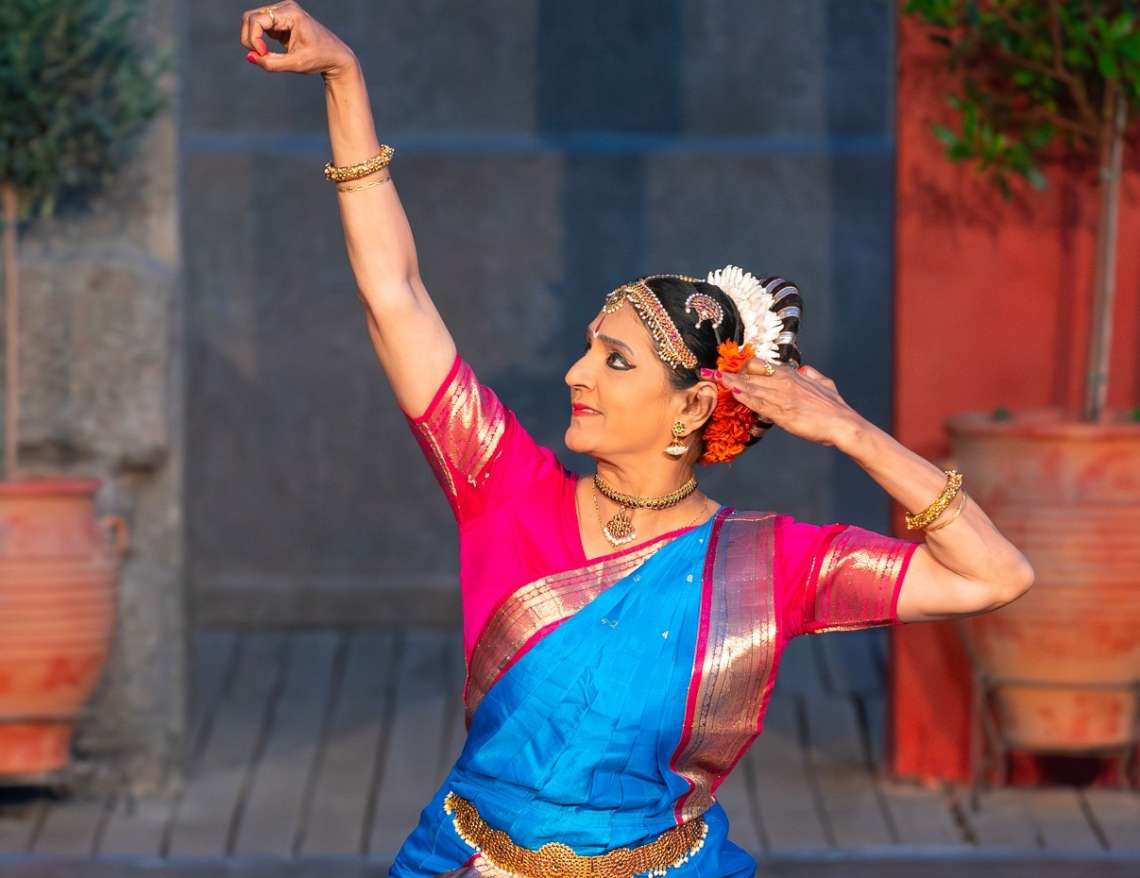
Indian Dances shine at Athens World Congress of Dance Research
Indian Dances of Bharatanatyam, Kuchipudi and Sattriya have been a vitally interesting part of the programme. Performers from across five continents have congregated at the 63rd World Congress of Dance Research in




